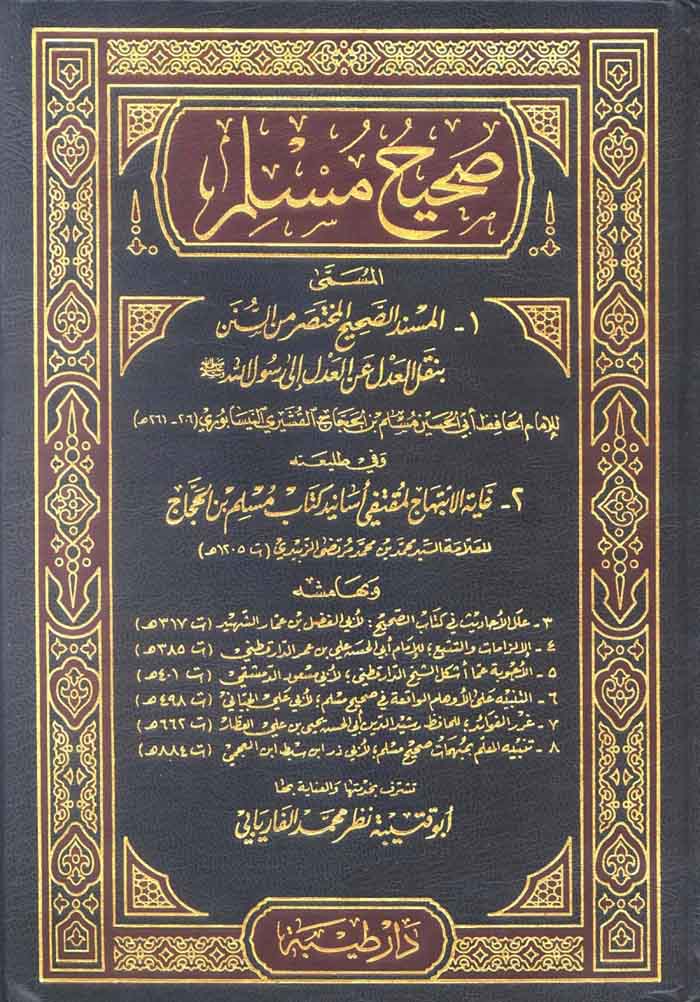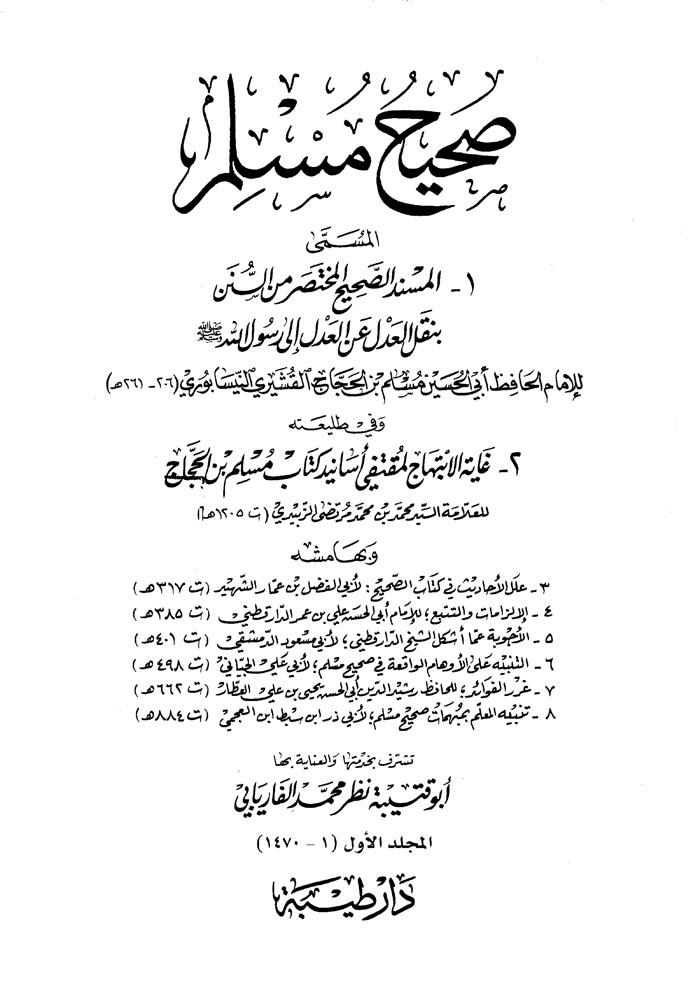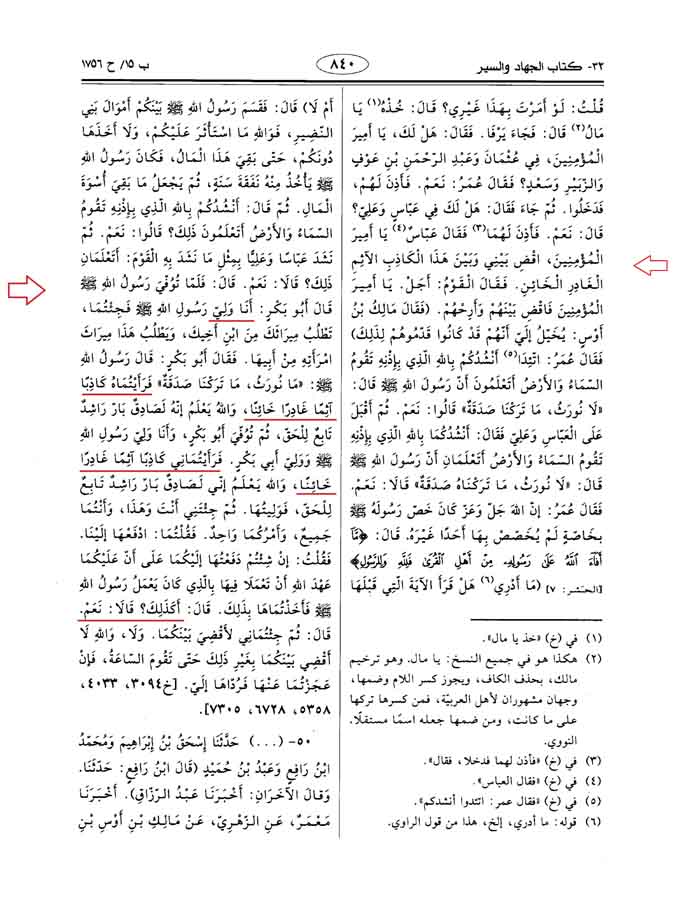Biography of Imam Baqir PBUH
Who is #Imam_Muhammad_al-Baqir (as) ?
The fifth Imam of Ahlul-Bayt (as)
❄️Imam Muhammad al-Baqir (p)
Imam Muhammad al-Baqir (peace be upon him)
Name: Muhammad
Title: al-Baqir (Splitter of Knowledge)
Kunya: Abu Ja’far
Father: Ali ibn Hussain, Zayn al-Abidin (Peace be upon him)
Mother: Fatimah bint al-Hasan
Born: 1st Rajab, 57 AH/676 CE in the Holy City of Madinah
Died: 7th Dhul-Hijjah, 114 AH/733 CE, after being poisoned by the Abbasid Caliph Hisham
Age at Martyrdom: 57
Period of Imamate: 19 years
Buried: Al-Baqi’ cemetery, Madinah
🌹The Splitter of Knowledge
“O Jabir, you will live to see my descendant Muhammad, son of ‘Ali, son of Husayn, son of ‘Ali… The one who is known in the (original) Torah as ‘al-Baqir’ (the Revealer of Knowledge). When you see him, deliver to him my greetings of Peace…”
❄️These were the words of Prophet Muhammad to the righteous companion Jabir al-Ansari. Many years later, Jabir was an old man going on a visit to see the fourth Imam, Zayn al-Abidin. As he entered the Imam’s home, he saw an intriguing young boy. Jabir began to examine the young boy… After which, he said, “By the Lord of the Ka’bah, (I see in him) the qualities of God’s Messenger (Prophet Muhammad)…”
🌹Jabir then asked Imam Zayn al-Abidin about who the boy was. Imam Zayn al-Abidin responded, “This is my son and the commander of affairs after me – Muhammad al-Baqir.”
❄️Upon hearing these words, Jabir humbled himself before the young boy, kissed him and said, “…O Descendant of God’s Messenger, accept the greetings of peace from your forefather. Indeed, the Messenger of God sends greetings of peace to you!”
🌹Tears started to run down the young boy’s face, as he responded, “O Jabir, may peace be upon my forefather – the Messenger of God – for as long as the heavens and earth last – and upon you as well, O Jabir, for delivering this greeting of peace…”[i]
❄️The Seal of All Prophets had prophesized that this young boy, Imam Muhammad al-Baqir, would unlock the chests of knowledge. He would extract priceless treasures for the generations and further the spiritual advancement of humanity.
🌹The Fifth Imam
During Imam Zayn al-Abidin’s lifetime, he was asked, “Who will be the Imam after you?” Imam Zayn al-Abidin replied, “Muhammad, my son – he will reveal and expand knowledge.”[ii]
❄️Imam Muhammad al-Baqir, the fifth immaculate Imam, was a young child during the tragedy of ‘Ashura’. The memories of his grandfather, Imam Husayn, stuck with him throughout his life. He grew up in the spiritually enlightening care of his father, Imam Zayn al-Abidin.[iii]
🌹The fifth Imam became known – by friend and foe, alike – for his knowledge, piety and virtue. Imam al-Baqir revealed more insight about the Islamic sciences than any other counterpart since the time of Imam Hasan and Imam Husayn. He paved the way for the establishment of a massive Islamic university, which would reach its peak of development during the following Imam’s time.[iv]
❄️Many of Imam al-Baqir’s contemporaries had written about his scholarly status. These prominent scholars were from different schools of thought. For instance, a notable contemporary by the name of ‘Abdullah ibn Ata’ stated, “I have never seen scholars, in the presence of anyone, (seem) lesser (in knowledge) than they did in the presence of Abu Ja’far (Imam al-Baqir) – Muhammad, son of ‘Ali, son of Husayn… Indeed, I saw Hakam ibn ‘Utaybah, with all of his (scholarly) splendor among the people, (look) like a boy in the presence of his teacher – when he was in the presence of (Imam al-Baqir).”[v]
🌹In the Capital of Tyranny
Under the reign of Hisham, Imam al-Baqir was summoned to Damascus. The tyrant Hisham had been plotting to curtail the positive influence and prestige of Imam al-Baqir. Hisham knew that his corrupt supporters could not challenge the Imam’s knowledge or piety, so he planned another type of challenge. Hisham attempted to surprise Imam al-Baqir with an archery match. The match would surely portray the elderly Imam in a humiliating position – or so the tyrant thought.
❄️“O Muhammad, hit the target, along with the chiefs of your people,” ordered Hisham. “I am too old for archery, perhaps you can excuse me,” replied Imam al-Baqir. Hisham insisted and would not take ‘no’ for an answer. Imam al-Baqir was handed a bow and arrow. He then aimed at the target…The Imam hit the target on the bullseye. He took another arrow, released it…and split the arrow! As the Imam continued to amaze the spectators, Hisham was extremely frustrated – this was happening in Hisham’s very own court.
🌹After exchanging some words, Imam al-Baqir responded to Hisham’s questions about the ability of the Imams to perform such matters, saying, “Indeed, we inherit the perfection and completion which God descended upon His Prophet, in His words (from the Holy Qur’an), ‘Today I have perfected your religion for you, I have completed My blessing upon you, and I have approved Islam as your religion.’[vi]And the earth is never empty of those who perfect these matters – which others fall short of (perfecting).”[vii]
❄️The Value of Hard Work
Often times, there are those who may think of “religion” and “being religious” as something restricted to houses of worship – prayers, fasting, sermons, etc. But Imam al-Baqir reminds us of a very different aspect of religion…
🌹On a hot, scorching day, there was a man who saw Imam Muhammad al-Baqir working. The burden of hard work was apparent on the Imam, as he leaned on a couple of servant helpers. The man started to think to himself, “Praise be to God! A chief among the chiefs of Quraysh (a major tribe) – at this hour, in this condition – seeking after the worldly (life)?! Indeed, I shall admonish him…”
❄️The man approached Imam al-Baqir and greeted him. Dripping with sweat, the Imam responded to the greeting. The man then started to admonish, saying, “May God improve you… A chief among the chiefs of Quraysh – at this hour, in this condition – seeking after the worldly (life)?! What if your time (of death) comes while you are in this state? What would you do?”
🌹The Holy Imam responded, “If death comes to me while I am in this state, it would come to me while I am in (a form of) obedience to God – the Exalted, the Glorious. Through this (state of work), I provide for myself and my family to be free from needing you and other people. Indeed, I would be afraid, rather, if death comes to me while I am in (a form of) disobedience to God.” The man then conceded, “You have spoken truthfully, may God grant you Mercy… I had wanted to admonish you, but you admonished me!”[viii]
❄️The True Shia
Imam Muhammad al-Baqir’s words of wisdom can spark the light of deep reflection within us. While these short lines can only relate a few words, a brief excerpt might renew our desire to seek further insight. In discussing the true meaning of being a Shia Muslim, Imam al-Baqir said the following, “…Does the one who claims to be of the Shia think it is enough to (simply) speak of loving us, Ahl al-Bayt (the Prophet’s family)? By God, our Shia are only those who are mindful of God and obey Him. They were known…only (in light of their) modesty, humility, trustworthiness, abundant remembrance of God, fasting, prayer, honoring parents, caring for neighbors, the poor, people in need, those in debt, and orphans… (they were known for their) truthful words, the recitation of Qur’an, and holding their tongues back unless it was to speak good of people. They were the trustees (entrusted) by their peoples in (the various) affairs…”[ix]
🌹After the attempts of Hisham to undermine the Imam’s position utterly failed, Hisham was infuriated. He continued to receive news about the people’s high regard for Imam al-Baqir’s knowledge and virtue… Hisham thus resorted to assassination and had the Holy Imam poisoned. Imam Muhammad al-Baqir was buried in the Baqi’ cemetery of Madinah.[x]
💠◾️💠
📚References
[i] Pg. 223-224, Vol. 46 of Bihar Alanwar by Allamah Majlisi
[ii] Pg. 230, Vol. 46 of Bihar Alanwar by Allamah Majlisi
[iii] Pg. 223, Vol. 4 of al-Kafi by Sh. al-Kulayni
[iv] Pg. 270 of Seeratul A’immah by Sh. Ja’far Subhani
[v] Pg. 271 of Seeratul A’immah by Sh. Ja’far Subhani
[vi] Quran 4:3
[vii] Pg. 306-307, Vol. 46 of Bihar Alanwar by Allamah Majlisi
[viii] Pg. 351, Vol. 46 of Bihar Alanwar by Allamah Majlisi
[ix] Pg. 74, Vol. 2 of al-Kafi by Sh. al-Kulayni
[x] Pg. 217, Vol. 46 of Bihar Alanwar by Allamah Majlisi
🇮🇷 t.me/rahyafte_en





















